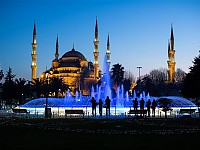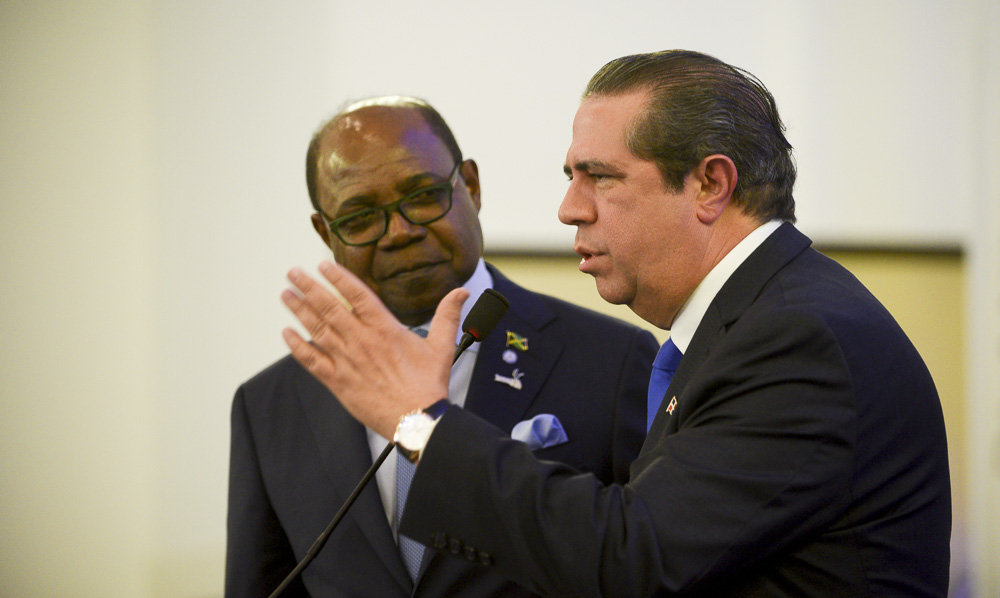This post may contain affiliate links. We may earn money or products from the highlighted keywords or companies or banners mentioned in this post.

Turkey tourism numbers are going down. The growing threat of terrorism and the political instability have caused many foreign tourists to opt for a different holiday destination. In March alone, the amount of foreign visitors coming to explore Turkey decreased by almost 13 percent compared to March 2015. It was the eighth consecutive month of declining numbers and the biggest decrease in nearly a decade.
The travel industry has been a major source of income for the country for a long time. Although it accounts for only 6 percent of GDP, Turkey tourism sector provides jobs to more than 8 percent of the inhabitants. At the time when the country is economically vulnerable and needs foreign exchange inflows, the sector however records a significant drop.
The main reason for the decline is that the two most important source countries – Russia and Germany – are boycotting Turkey. Together, Russians and Germans have represented by far the largest group of holidaymakers amounting to 9 million visitors.
The Turkish holiday destinations were doing very well even in July 2015 when the local statistics authority announced a record month with 5.48 million foreign visitors. When North Africa became a no-go zone for tourists thanks to the threat of terrorism, Turkey was considered the best alternative destination for many. The security situation in Turkey however changed after a series of attacks, one of them killing 10 German tourists.
Germans and Russians Holidaying Elsewhere
Last year, German visitors represented 5.5 million trips. This year they are looking for safe destinations in southern Europe. The Foreign Office warns the potential travelers of possible political tensions and terrorist attacks. In February, TUI travel company reported a booking slump of 40 percent for Turkey. The Turkish Riviera is thus likely to be quite empty over the summer.
Moreover, after shooting down a Russian fighter jet by the Turkish army on the border with Syria in late November, the Kremlin immediately imposed sanctions against Turkey. First, the State Department issued a travel warning. After that, the Russian travel agencies were no longer allowed to offer tours to Turkey.
The lack of Russian visitors hit the Turkey tourism sector considerably. In 2014 there were 4.5 million Russians enjoying the local holiday resorts and spending great sums of money. In March this year just under 24,000 Russian visitors came to Turkey, which is a decrease of 60 percent over March 2015.
Core Sector of the Turkish Economy
The tourism revenues this year might fall under USD 20 billion for the first time since the Great Depression of 2008, according to the forecast of the Eurasia Group. In good times, the Turkey tourism revenue amounted to USD 30 billion.
The financial markets however are looking very closely on the number of visitors, since tourism is one of the core sectors of the Turkish economy, commented Timothy Ash, head of emerging markets at the Japanese bank Nomura. According to him, tourism is important in order to meet the demand for hard currency.
How bad the situation of the travel sector really is can be seen in the numbers of Turkish Airlines. The state-owned airline presented last week its biggest quarterly loss since 1999. The major reason for the loss of USD 421 million is the poor utilization of the aircraft. The average load factor has fallen below 75 percent. The situation will probably get worse since the airline will expand its capacity this summer by 14 percent.










